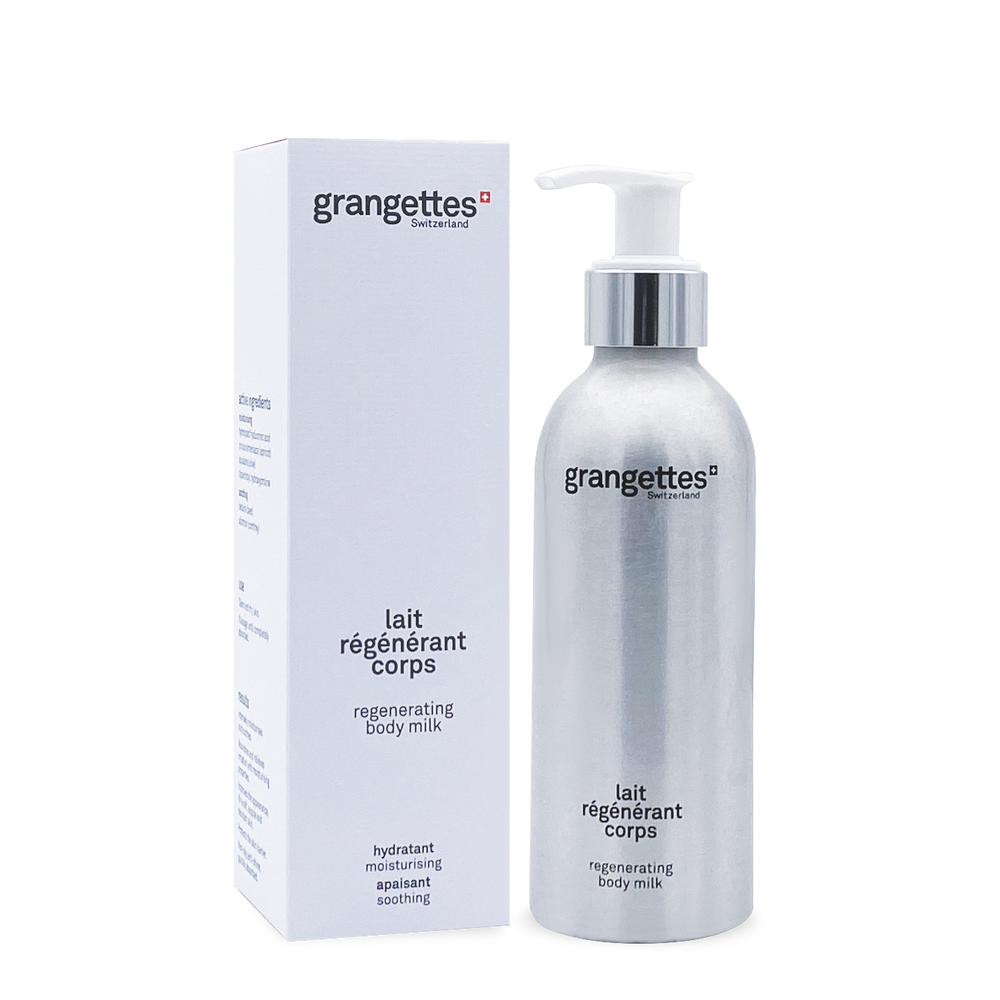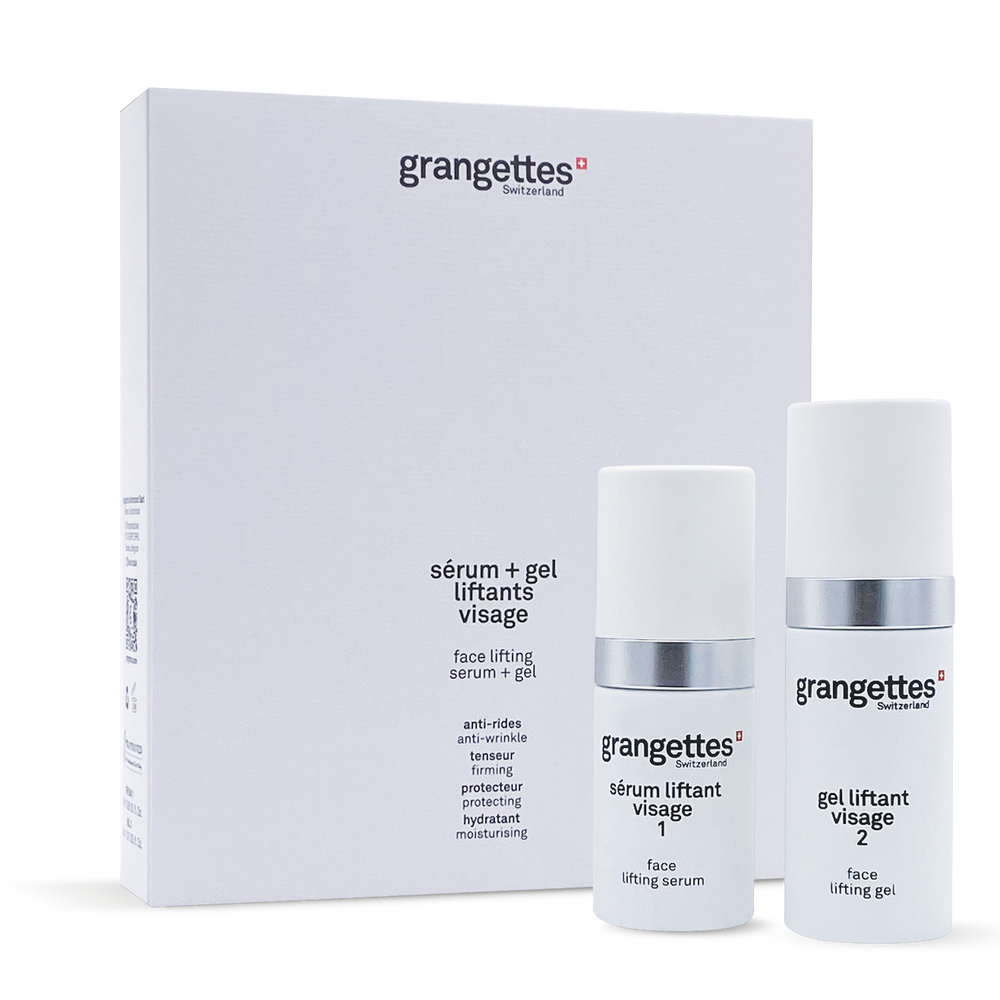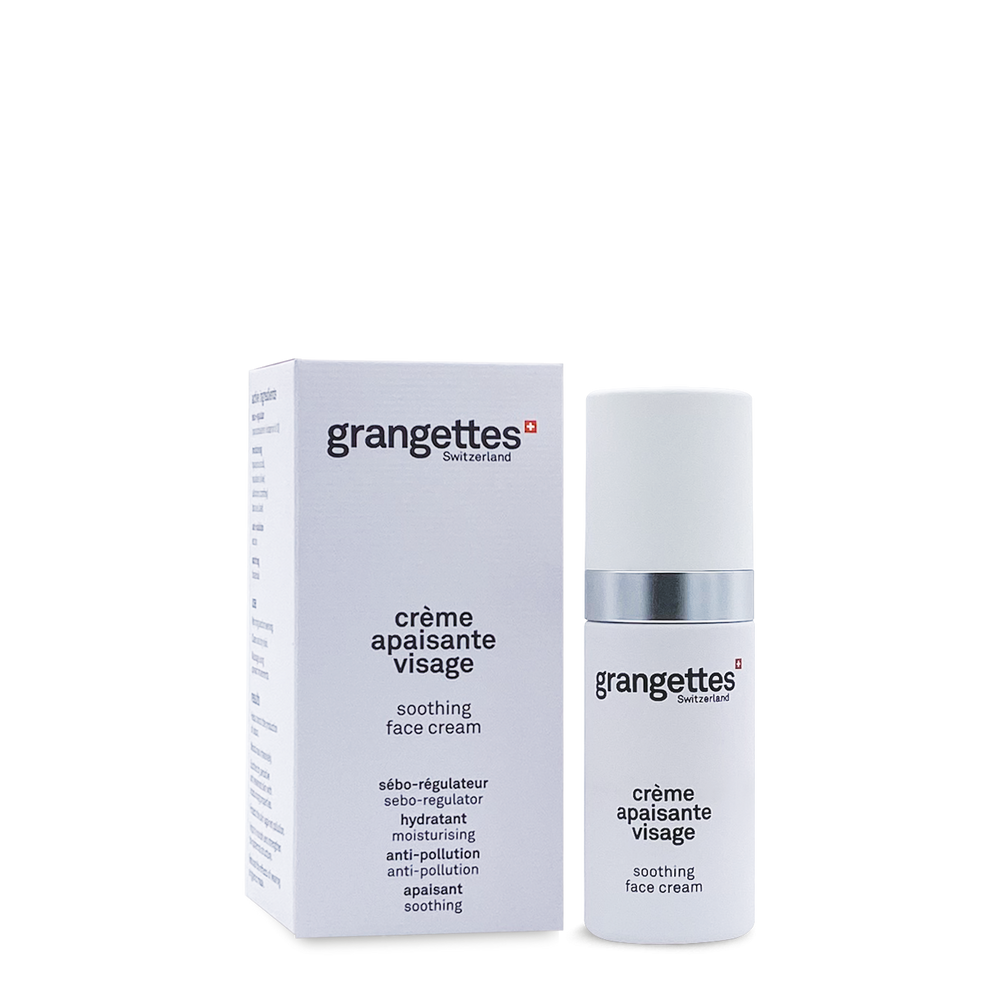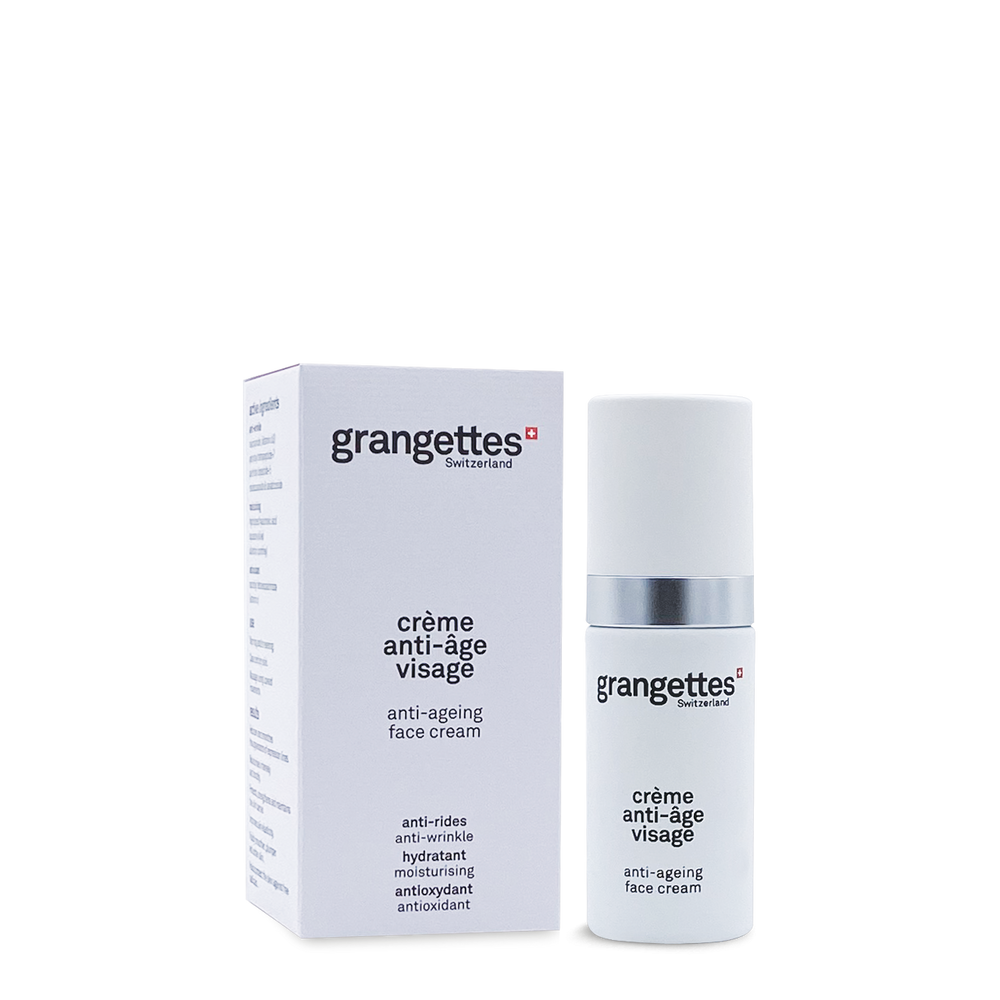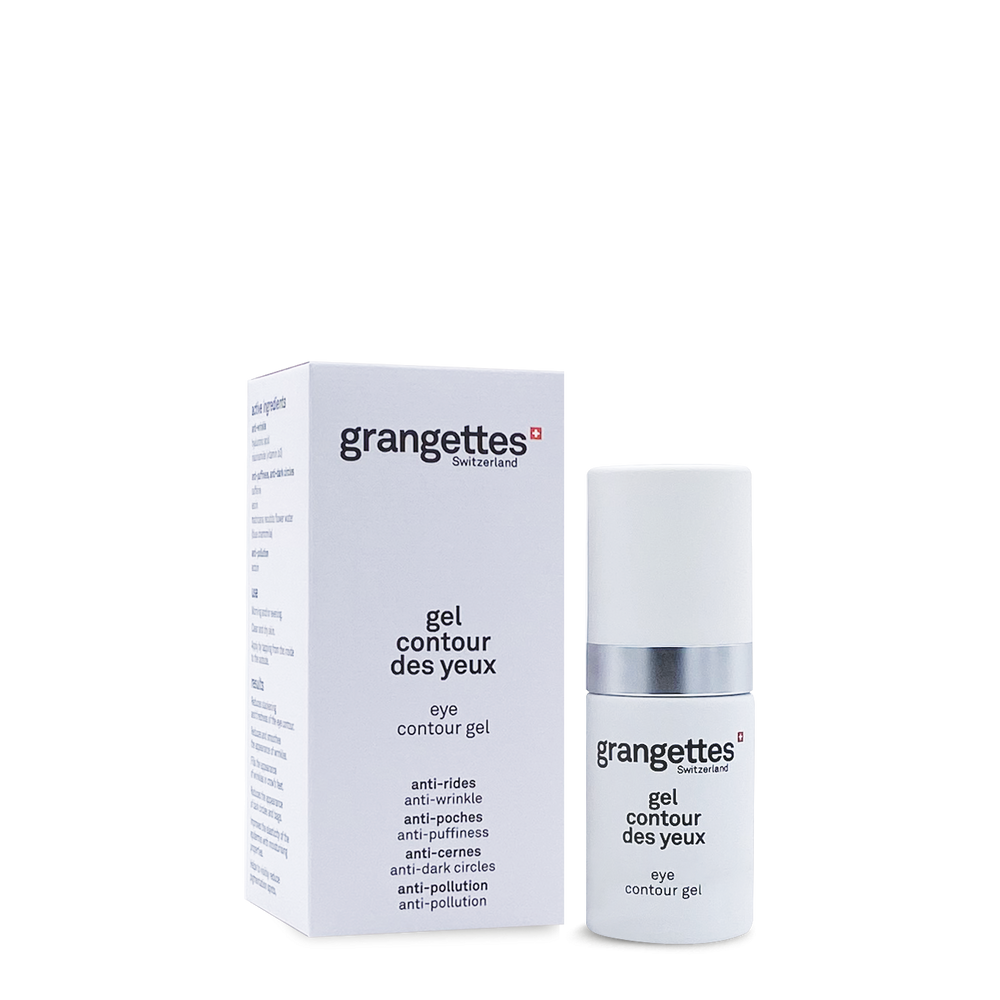Why a distinction between men and women?
The distinction of cosmetics by gender is still very widespread. Like Grangettes Switzerland, our Swiss brand of natural and ethical cosmetics, more and more brands change this approach and offer mixed products. In fact, customers are less receptive to this type of argument, which is more marketing than scientific. This is good news, because with rare exceptions, this binary separation is not relevant in determining the effectiveness or usefulness of a cosmetic treatment.
Beauty and virility
More and more men are taking care of their skin and the figure is increasing every year. But they remain in the minority. For many of men, take care of skin using cosmetics still remains stigmatizing. But this vision of virility loses way.
The marketing plays an important role and many companies are forcing the line by offering packaging reflecting an image of strength and virility: scents of leather or cedar, dark and very contrasting packaging, illustrations of flames, of wolves, and other images evoking strength and energy, evocative adjectives (powerful, strong, etc.).
Ultimately, just like a medicine, a cosmetic treatment responds to specific needs that everyone should take care of, whatever their gender: moisturize, soothe, cleanse, exfoliate, act against oxidation, protect from pollution or UV, etc.
Men and women brush their teeth or take showers. The logic of cosmetics is the same!
The pink tax phenomenon
Have you ever heard of the pink tax ? In many sectors including that of the cosmetics industry, identical products are available in women's and men's versions, the women's version being more expensive than those for men.
The difference ? THE packaging, color and organoleptic (odor, texture, color of the cream, etc.). The best known example is disposable razors.
Some brands offer products that are similar in every way, apart from the color: pink for women and blue for men. However, those for women are sold more expensively.
The general public is gradually starting to open their eyes to this marketing mechanism, and many women buy so-called “men’s” products to save some money or choose products unisex.
Respond to a problem rather than a genre
Overall, it is much more relevant to target an issue rather than a genre. However, there are some exceptions linked to the specificities of each sex : the presence of beard, the phenomenon of baldness and better skin thick in men, or again, the influence hormone which differs from one genre to another, etc.
However, even taking these differences into account, targeting a problem remains relevant! Baldness affects 25% of men and 2% of women (source: Ifop).
Does this make it necessary to say that baldness products are only for men? Of course not ! Anti-baldness products are simply for people affected by the problem.
This logic applies, regardless of the theme in question.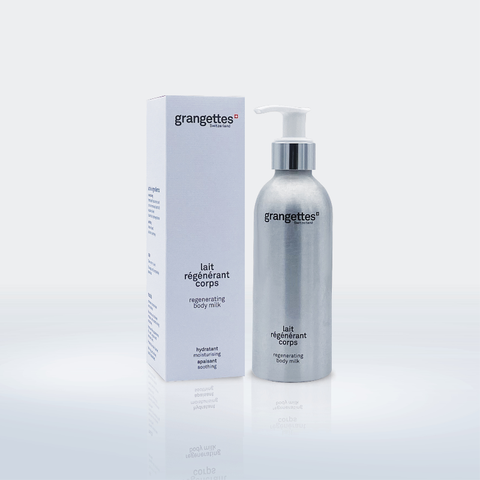
Products to share: good or bad idea?
Another trend is currently emerging, linked to the minimalism : it is the fact of share products with a couple or family. The basic idea is good for common problems. For example, our regenerating body milk suitable for children and adults alike, men and women (also pregnant!).
On the other hand, each person has individual needs and specific skin problems, for which general products will not be suitable.
- Regular price
- CHF 35.00
- Regular price
- Sale price
- CHF 35.00
- Unit price
- per
How to choose your mixed cosmetics?
If you are looking for quality mixed cosmetics, focus first on the composition. Focus on ingredients cleans, without toxic substances, without parabens, without pollutants, without allergens, without PEGs, without irritants, without comedogenic ingredients, and without petroleum derivatives. You are thus assured that your cosmetic product will take care of your health, and that of your entire family, in case you want to share them!
To find mixed cosmetics who take care of you, the planet, and animals, you can also turn to products that have the label PETA Cruelty Free and Vegan : it is a certification which assures you that none of the ingredients have been tested on animals.
Finally, in order to find mixed cosmetics that suit you, focus on the active ingredients that make up the product:
- If you have a dry skin, focus on day creams that have powerful moisturizers, like hyaluronic acid For example. There squalane And Allantoin are also products that will hydrate your skin effectively;
- Your skin produces too much sebum ? Make sure that a sebum regulator, such as vitamin B12, is included in the formulation of our day cream: the soothing face cream;
- You have the mature skin ? Opt for one mixed cream which contains certain anti-wrinkle active ingredients, such as niacinamide (vitamin b3), palmitoyl tetrapeptide-7, palmitoyl dipeptide-5, or even asiaticoside, as is the case in our anti-ageing face cream.
- Regular price
- CHF 74.00
- Regular price
- Sale price
- CHF 74.00
- Unit price
- per
- Regular price
- CHF 35.00
- Regular price
- Sale price
- CHF 35.00
- Unit price
- per
- Regular price
- CHF 37.00
- Regular price
- Sale price
- CHF 37.00
- Unit price
- per
What products can you choose in mixed cosmetics?
All ! Shampoo, sun protection, facial creams, makeup, serum, exfoliants, soap, anti-aging lotion, anti-blemish treatment, treatment for oily skin, anti-redness treatment, body milk, lip balm, shower gel, purifying gel, eye contour gel… Regardless cosmetic product that you wish to purchase, you can opt for a treatment unisex !
As an example, the eye contour gel is as essential for men as for women. In this area of the face, the skin is thinner, and needs specific care, softer, more hydrating, more fluid, and without irritants. Thanks to its moisturizing active ingredients, eye contour gel acts on all signs of sagging and fatigue around the eyes. And these problems concern as much men than women !
- Regular price
- CHF 35.00
- Regular price
- Sale price
- CHF 35.00
- Unit price
- per

Grangettes Switzerland, a unisex brand
The dermis health is everyone’s business, and gendering cosmetic products is more a matter of marketing only common sense. This is why we have chosen to offer mixed cosmetics and to target issues rather than genders, by choosing effective active ingredients adapted to clear needs: moisturize, soothe, cleanse, exfoliate, remove makeup, etc.
In addition, our packaging is neutral and clean, to easily identify what the product is for and how to use it.
At the house of Grangettes Switzerland, perfume is not useful for men or women, but is useful for masking the smell of active ingredients which is sometimes strong. For this purpose, we use a fresh and discreet scent: green tea. This perfume is certified allergen-free and manufactured in a Geneva family business.



